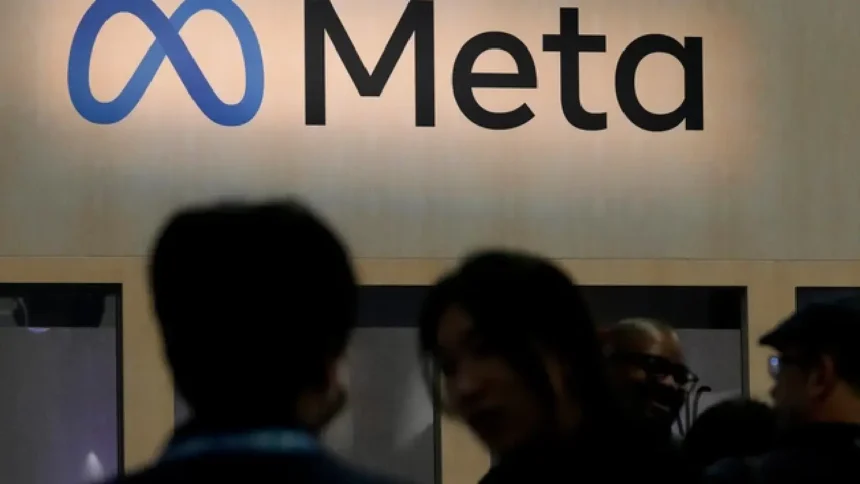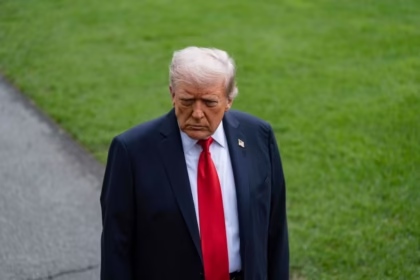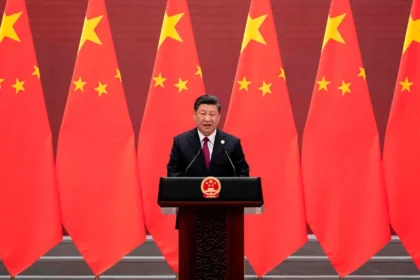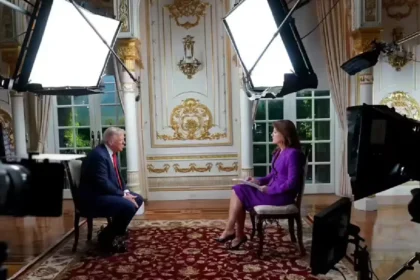Court sides with Meta, rejecting attempt to force breakup of Instagram and WhatsApp
A U.S. federal judge has ruled in favor of Meta, determining that the company does not illegally monopolize the personal social networking market a major win for the tech giant in its ongoing battle with the Federal Trade Commission.
Key Findings of the Ruling
Judge James Boasberg concluded that the FTC failed to prove Meta holds monopoly power in the “personal social networking” space. Central to his judgment was the fact that the FTC’s market definition was too narrow and ignored major competitors like TikTok and YouTube.
The court rejected the FTC’s argument that Meta’s acquisitions of Instagram and WhatsApp were part of an anticompetitive “buy-or-bury” strategy. Rather than forcing a breakup, the judge emphasized that the social network landscape has evolved, with a variety of platforms now competing for users’ attention.
Competition Is Fierce, Judge Says
In his ruling, Boasberg noted that user behavior has shifted significantly in recent years — people now migrate more easily between apps like Instagram, TikTok, YouTube and Facebook. That fluidity, the judge said, undercuts the FTC’s theory that Meta still dominates a narrow niche of “friends-and-family” networks.
He also referenced real-world examples of market disruption, such as outages and bans that previously hit major platforms, arguing these dynamics show users do not view Meta’s apps as their only option.
Meta’s Defense Accepted
Meta’s legal team argued throughout the trial that the company faces strong competitive pressure and that regulators cannot punish it simply for growing successfully. The court agreed, noting that the FTC was unable to show that Meta’s business practices stifled competition in a meaningful way — especially given how social networking has changed over time.
Meta welcomed the decision, calling it a vindication of its competitive strategy and future business plans.
Broader Implications
-
Regulatory Setback: The ruling is a significant defeat for the FTC, which aimed to force Meta to spin off Instagram and WhatsApp.
-
Big Tech Strategy: The decision underscores the challenges regulators face in applying traditional antitrust frameworks to modern tech companies operating in highly dynamic markets.
-
Future Risks: While Meta won this round, the ruling does not eliminate all regulatory risk. The FTC may still appeal or pursue other cases targeting digital platforms.
Final Thought
Meta’s victory marks a major moment in the tech antitrust saga one that underscores how fluid the social media market has become. The decision reaffirms Meta’s ability to compete without being legally forced to unwind its major acquisitions. Still, as the regulatory landscape evolves, both Meta and the FTC will closely watch how this precedent shapes future challenges.











